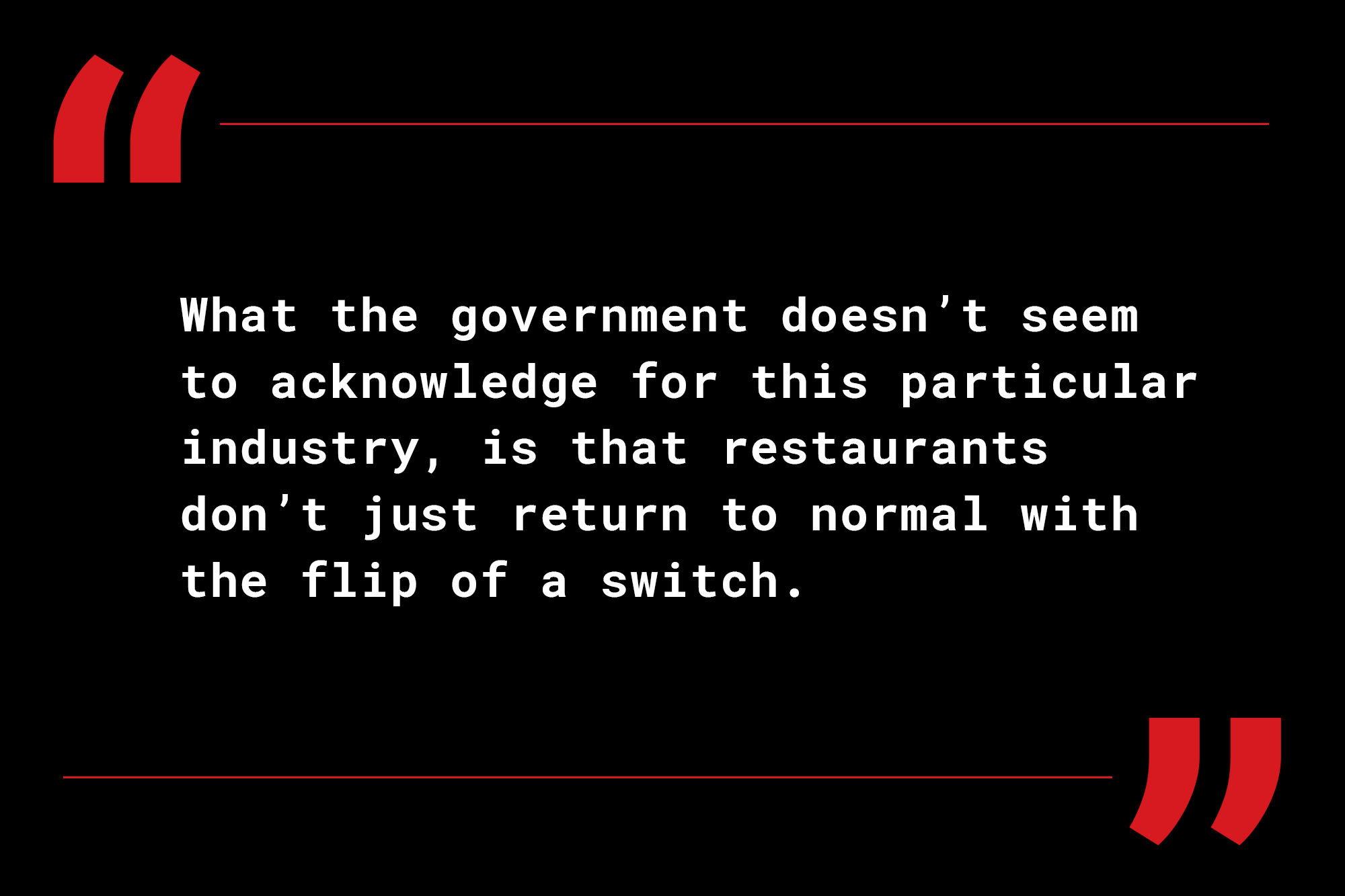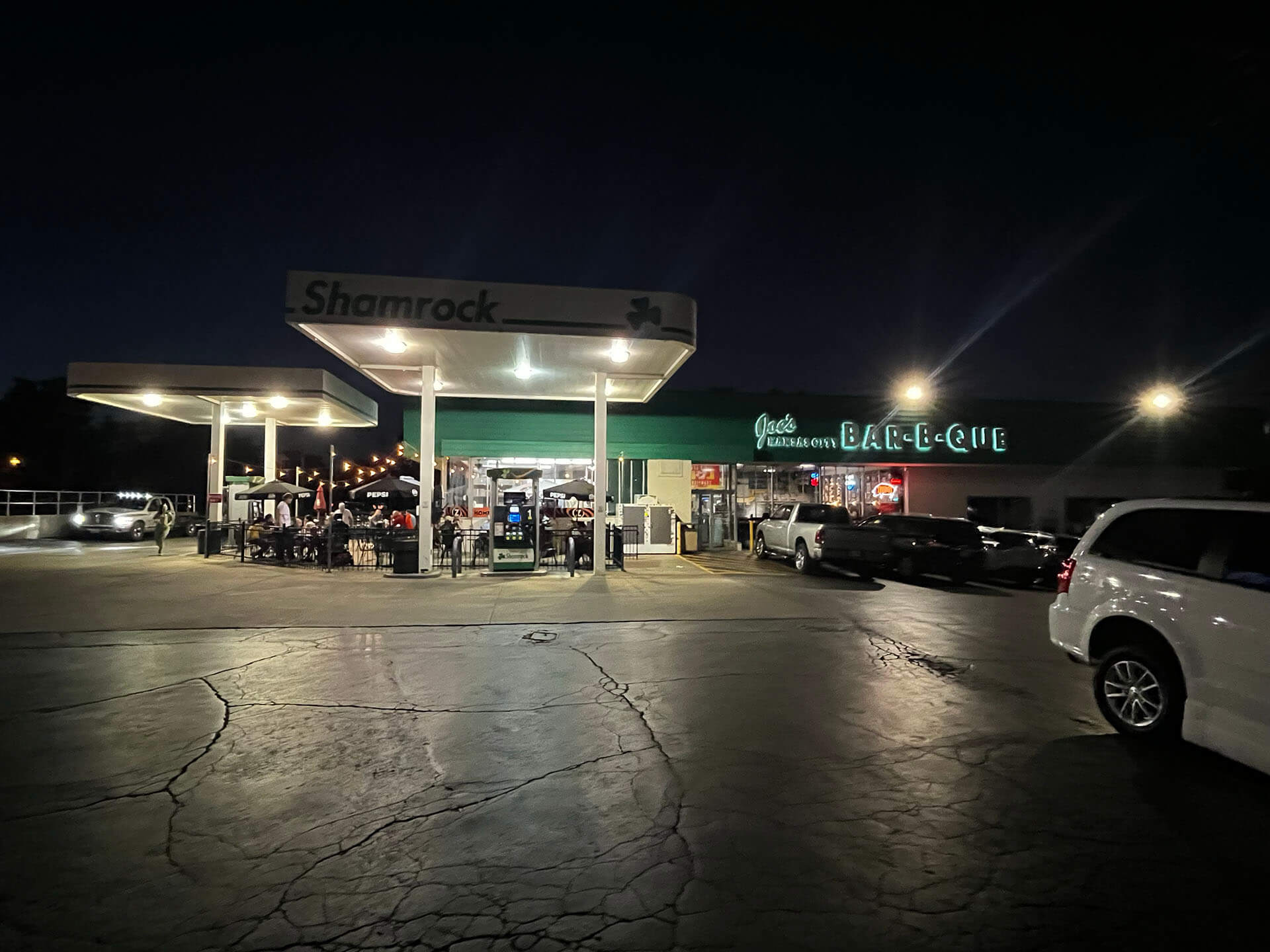CARES Act: The Employees First Approach
Last week, the President signed a bill that will loan roughly $350 Billion to small business and offer relief and support for its owners and workers. Unfortunately, it seems that the “stimulus” is mostly offering uncertainty and frustration for restaurant owners.
If you have a business in need, you’re probably already familiar with the terms. For everyone else, here are some brief and relevant facts around the bill:
- Qualifying businesses must have 500 employees or fewer (per property), including full and part-timers
- The maximum loan is good for 250% (x2.5) of average monthly payroll costs, up to a total of $10,000 Million (intended to cover 8 weeks of pay roll and debt obligations)
- Loans can be used for Payroll, rent, mortgage payments, utilities, sick leave, insurance benefits, healthcare premiums, and debt obligations that incurred prior to Feb 15, 2020
- Loan payments are deferred to at least six months and up to one year starting at the origination of the loan
- If all employees are retained, the entirety of the loan will be forgiven (thus essentially becoming a grant)
- Or, if some employees have already been laid off, the loan can still be forgiven for the full amount of payroll costs if those employees are rehired by June 30, 2020.
- Or, if the business increases previously reduced wages by June 20, 2020, the loan will be forgiven
That’s just a snapshot. There is a lot of fine print that make this bill extremely complicated, which is no surprise since it’s the largest stimulus package in US History. Some restaurants can’t take on more debt, margins are too tight, and the thought of a loan right now isn’t really the relief they were looking for. The idea of having the loan forgiven is appealing but most restaurants had to lay off their employees weeks ago. Now, their only option in order to benefit from the full forgiveness provision is to rehire their entire staff by June 30th. That date may change depending on how long we are ordered to stay home, but at the moment, that deadline seems impossible.
What the government doesn’t seem to acknowledge for this particular industry, is that restaurants don’t just return to normal with the flip of a switch. It will take weeks, maybe months for restaurants to ramp back up. Food inventories will have to be replenished, equipment will need to be serviced, there will be bills due, and it will take time for patrons to feel comfortable enough to return after the threat dies down. So, does it make sense for a restaurant to hire back its staff right away? Not really.
And, what if employees aren’t ready to return by June 30th? With this bill, states are allowed to increase unemployment benefits by an extra $600 per employee per week, for an additional 4 months, which is nearly triple the usual amount in some states. Despite also offering employees with a salary of less than $75,000 a year a $1,200 tax credit, the increase in unemployment benefits might incentivize workers to stay unemployed (in the near term) rather than seek their old jobs back. It would be hard for someone to turn down the additional funds.
To me it’s very clear that this aspect of the bill (called Paycheck Protection Program) is intended to help a small business retain its employees, but that’s not enough for restaurants to endure this crisis, let alone reopen when it’s over. They have specific needs that have to be considered before they can even think about hiring back employees. Simply put, for restaurants (and perhaps other types of businesses) the bill is backwards. We should be aiming to accommodate the establishment so that they can in turn hire back employees, which they will desperately need anyway.
This “employee first” approach is a major fault in the plan because while it might work for a typical “small business,” it won’t for this industry, which happens to employ 10% of the U.S. workforce. Don’t get me wrong, I want people to get back to work. Many of my friends are managers, bartenders, and servers, and I’m concerned about their livelihood as much I am the restaurant owners. But I think this bill is the wrong approach for this industry and doesn’t truly solve the problem of rebuilding.
It’s understandable that our country is trying to fix “unemployment.” And, if Trump’s concern for the restaurant industry is a fair portrayal of the administration as a whole (and who knows if that’s the case at this point), we’re in trouble. During a press conference on March 26th, Donald stated that restaurants will open back up, but “it may not be the same restaurant or ownership.” Does that sounds like a sympathetic leader?
***
Reminder, if you have a perspective on this issue, email us as community@graffito.com or leave a comment below!




